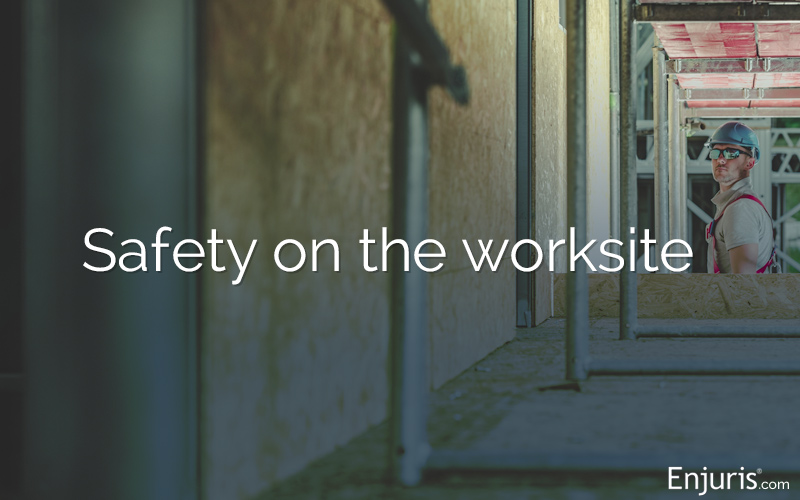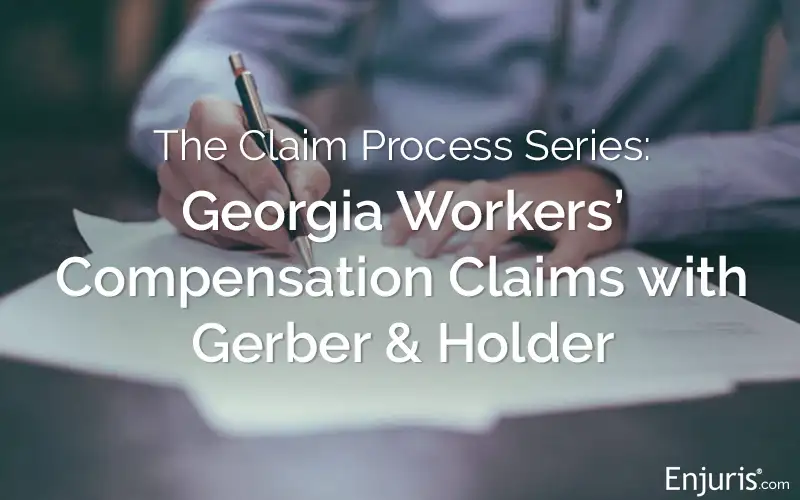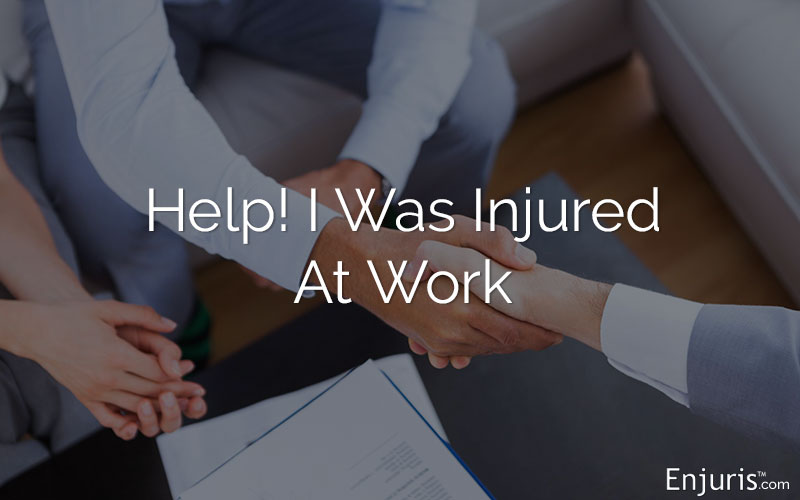
Construction is one of the largest and fastest-growing industries in Georgia.
The Georgia Department of Labor estimates that construction jobs will grow 13.8% by 2026, adding roughly 23,450 jobs in the state.
The prospect of more jobs is welcome news for most Georgians, but there’s a downside. The construction industry is one of the most dangerous industries in the United States and Georgia is not immune to the dangers, as evidenced by the recent Emory University Hospital parking garage collapse in Atlanta.
The Emory University Midtown Hospital Parking Garage Collapse in Atlanta, Georgia
On September 11, 2020, 7 construction workers were injured in Atlanta when two separate precast concrete parking decks collapsed in under 48 hours.
A spokesperson for Batson-Cook Construction, the general contractor for the project, stated that the injured individuals were part of a subcontracting team working on the site.
The accident, which is still under investigation, raises an important question:
Are the members of a subcontracting team covered by workers’ compensation insurance?
The short answer is: yes.
Generally speaking, employees of subcontractors are covered by workers’ compensation insurance under the Official Code of Georgia Annotated § 34-9-8(c). The subcontractor is primarily liable for compensation and the statutory employer (the general contractor or intermediate contractor) is secondarily liable.
In other words, to obtain workers’ compensation benefits as a member of a subcontracting team, you must first bring a claim for benefits against the subcontractor’s insurance. If the subcontractor is uninsured, you can seek benefits from the general contractor or intermediate contractor.
One of the most dangerous jobs in Georgia
It shouldn’t come as a surprise that the construction industry is dangerous given the presence of heavy equipment, powerful machinery, hazardous materials, and the frequency of working at height. Nevertheless, the statistics are alarming.
Consider the following:
- According to the Occupational Safety and Health Administration (OSHA), 1 in 10 construction workers is injured every year.
- According to OSHA, 1 in 5 worker deaths annually is in construction.
- According to Safety & Health Magazine, there’s a 1 in 200 chance that a construction worker will die from a work-related incident during a 45-year career.
OSHA has deemed the 4 most common causes of construction worker deaths the ”fatal four.” These include:
- Falls
- Being struck by an object
- Electrocutions
- Getting caught-in/between equipment, materials, or machinery
Other common construction site accidents include:
- Scaffolding accidents and falls
- Explosions and fires
- Building collapse
- Toxic chemicals
- Falling objects
- Crane accidents
- Car and truck accidents
- Exposure to dangerous substances such as mold, asbestos, fumes, and hazardous waste
- Dangerous or defective equipment
- Repetitive motion injuries
- Drowning
- Fires
- Shoring accidents
- Welding accidents
- Arc flash or arc blast
- Failure to use proper personal protective gear
Legal remedies for injured construction workers in Georgia
If you are injured in a construction accident, there are 2 common legal remedies for recovering damages depending on the nature of the accident.
1. Workers’ compensation insurance
Workers’ compensation insurance is a form of insurance that provides benefits to employees (as opposed to independent contractors) who are injured while performing their job. Workers’ compensation is “no-fault” insurance, which means injured workers can receive compensation regardless of who’s at fault for the injury.
To file a workers’ compensation claim, you’ll need to notify your employer within 30 days of your injury. Once your employer receives notice, they’re required to notify the insurance company.
2. Third-party lawsuit
Workers’ compensation is an exclusive remedy. This means that most injured employees have to file a workers’ compensation claim instead of a personal injury lawsuit.
However, you might be able to file a third-party personal injury lawsuit in addition to a workers’ compensation claim if your accident was caused by a third party (i.e., someone other than your employer or colleague).
Unlike filing a workers’ compensation claim, you’ll need to prove fault if you file a third-party lawsuit. In most cases, proving fault means establishing the 3 elements of negligence:
- The third-party owed you a duty of care,
- The third-party breached that duty of care, and
- The third-party’s breach was the legal cause of your injury.
Whether or not you think you can recover damages through a workers’ compensation claim or a personal injury claim, it’s a good idea to discuss your options with an experienced workers’ compensation attorney.



 If you or a loved one have been seriously
If you or a loved one have been seriously 